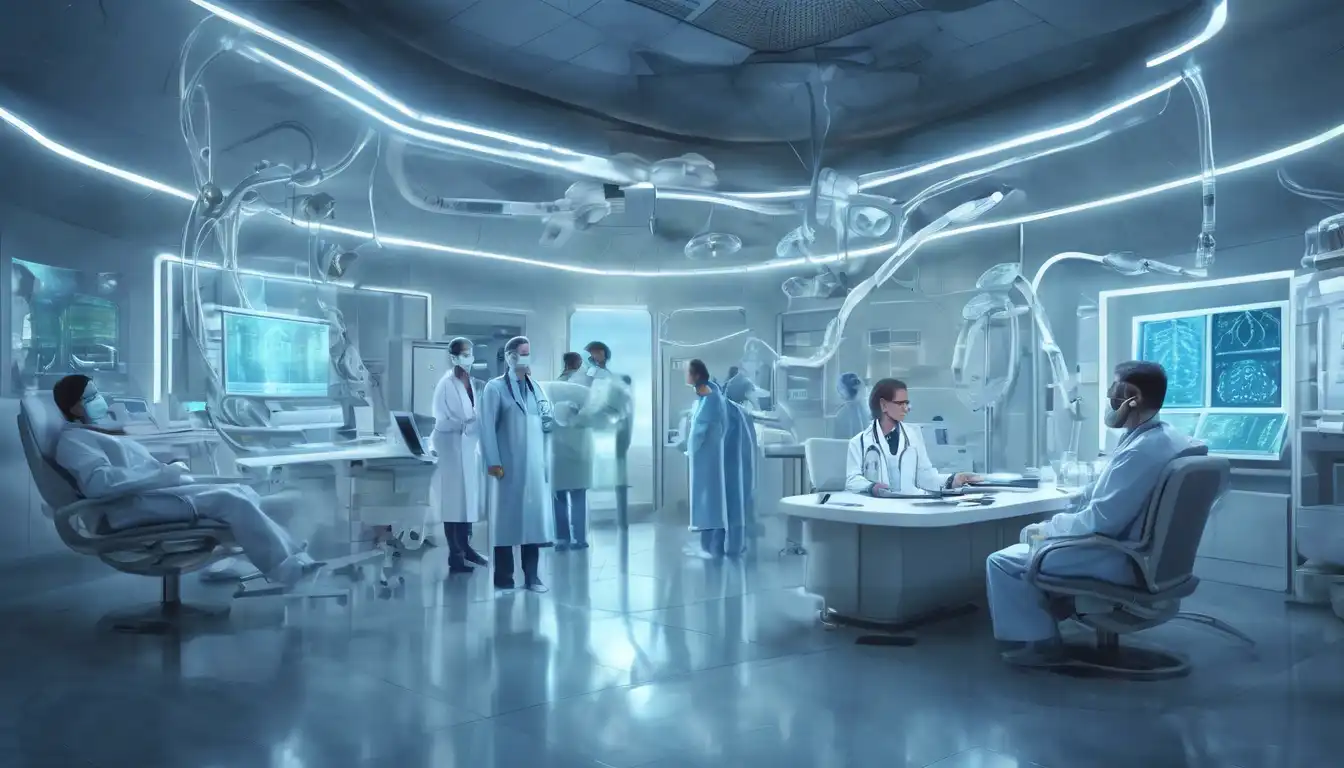Introduction to AI in Healthcare
Artificial Intelligence (AI) is revolutionizing the healthcare industry by offering innovative solutions to complex problems. From diagnostics to treatment personalization, AI's role in modern healthcare is undeniable. This article explores how AI is transforming healthcare solutions, making them more efficient, accurate, and accessible.
Enhancing Diagnostic Accuracy
AI technologies, such as machine learning and deep learning, are significantly improving diagnostic accuracy. By analyzing vast amounts of data, AI can identify patterns that may be invisible to the human eye. For instance, AI-powered imaging tools can detect early signs of diseases like cancer, often with higher accuracy than traditional methods.
Personalizing Patient Care
Personalization is another area where AI is making a mark. By leveraging patient data, AI can help tailor treatment plans to individual needs, improving outcomes. This approach is particularly beneficial in managing chronic conditions, where treatment effectiveness can vary widely among patients.
Streamlining Administrative Processes
Beyond clinical applications, AI is streamlining administrative tasks in healthcare. From scheduling appointments to processing insurance claims, AI can automate routine tasks, reducing errors and freeing up healthcare professionals to focus on patient care.
Challenges and Ethical Considerations
Despite its benefits, the integration of AI in healthcare is not without challenges. Issues such as data privacy, security, and the potential for bias in AI algorithms must be addressed to ensure equitable and ethical use of these technologies.
Conclusion
The role of AI in modern healthcare solutions is transformative, offering unprecedented opportunities to improve patient care, enhance diagnostic accuracy, and streamline administrative processes. As the technology evolves, it is crucial to navigate the ethical and practical challenges to fully realize AI's potential in healthcare.
For more insights into how technology is shaping the future of healthcare, explore our technology trends section.
